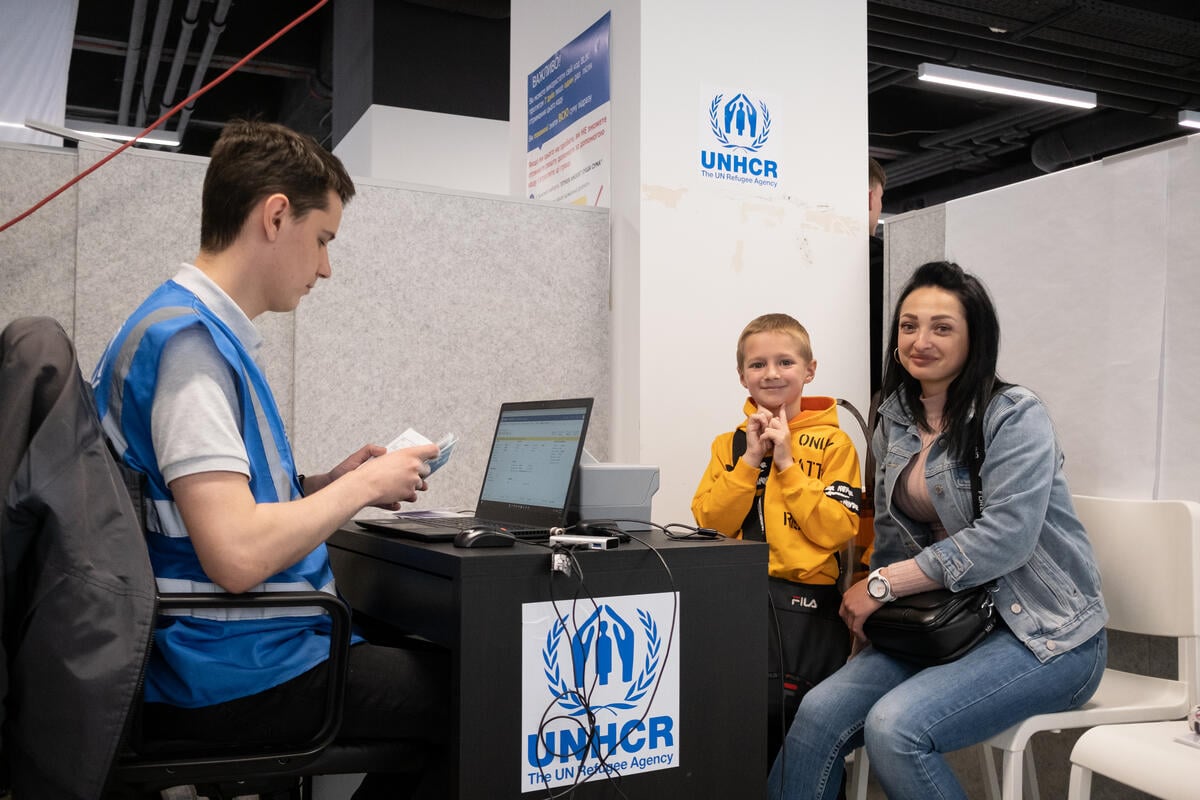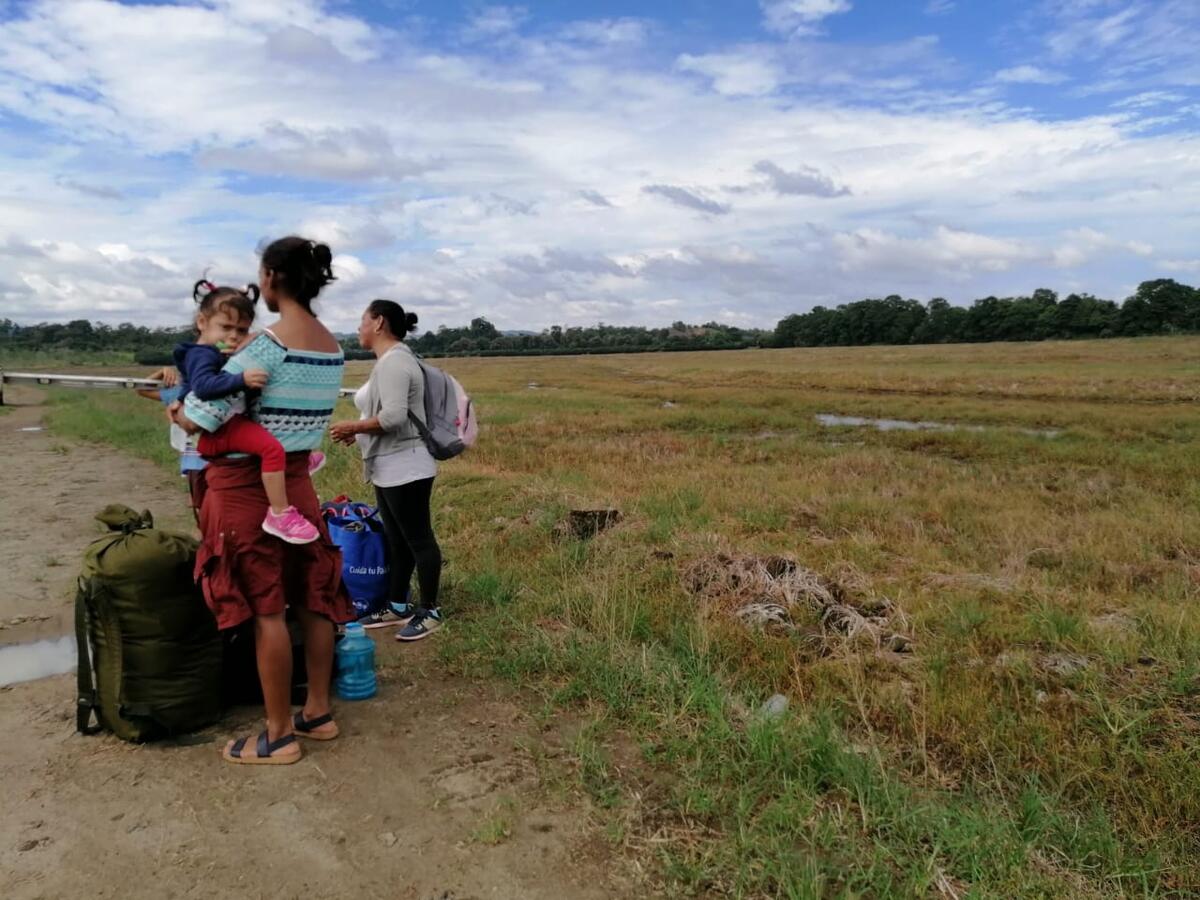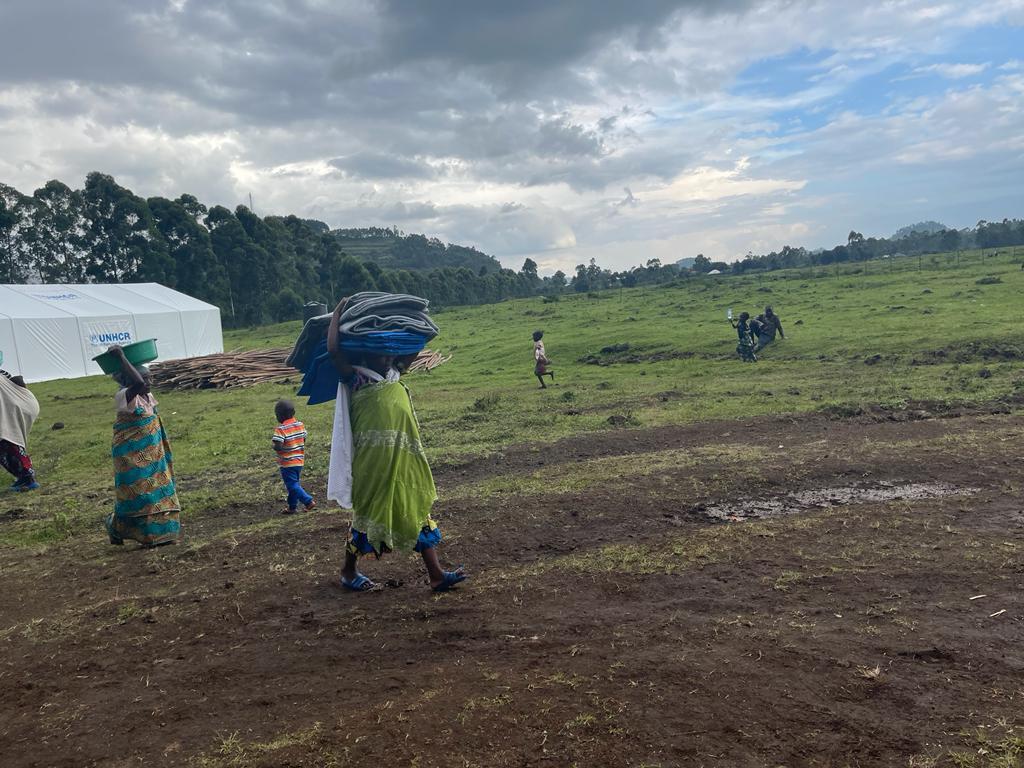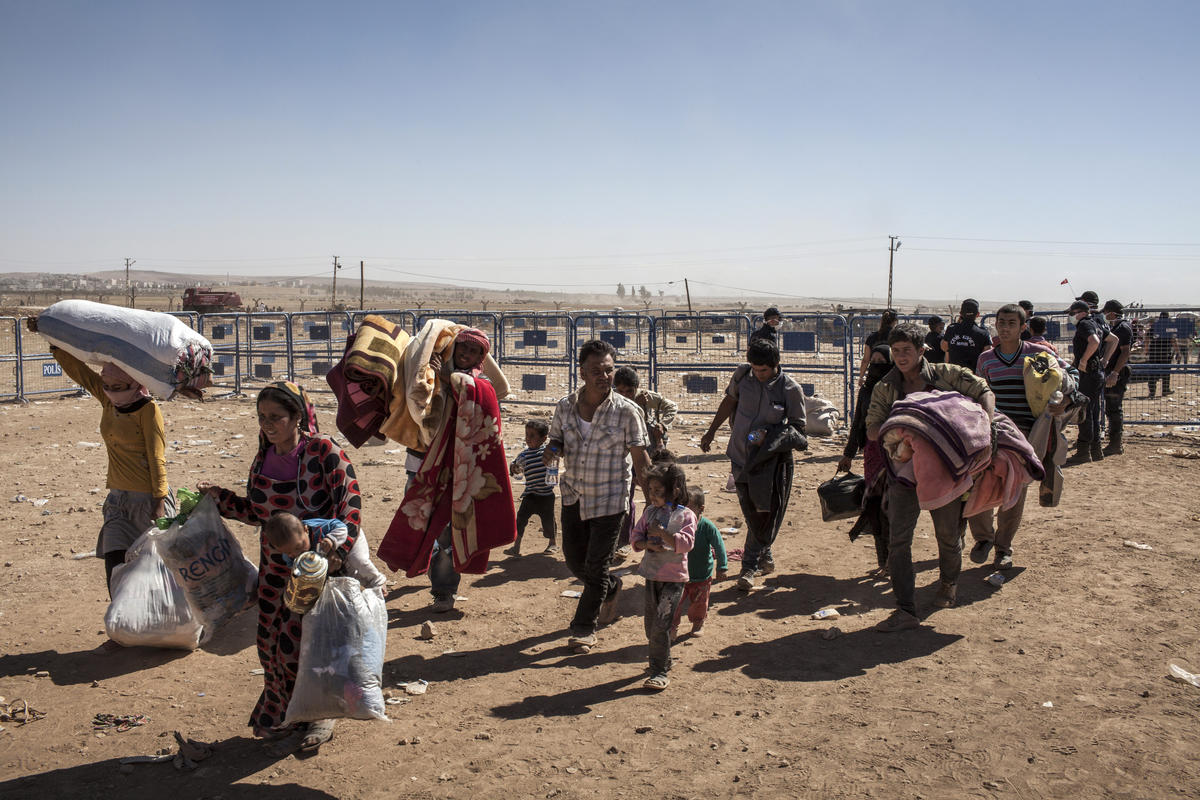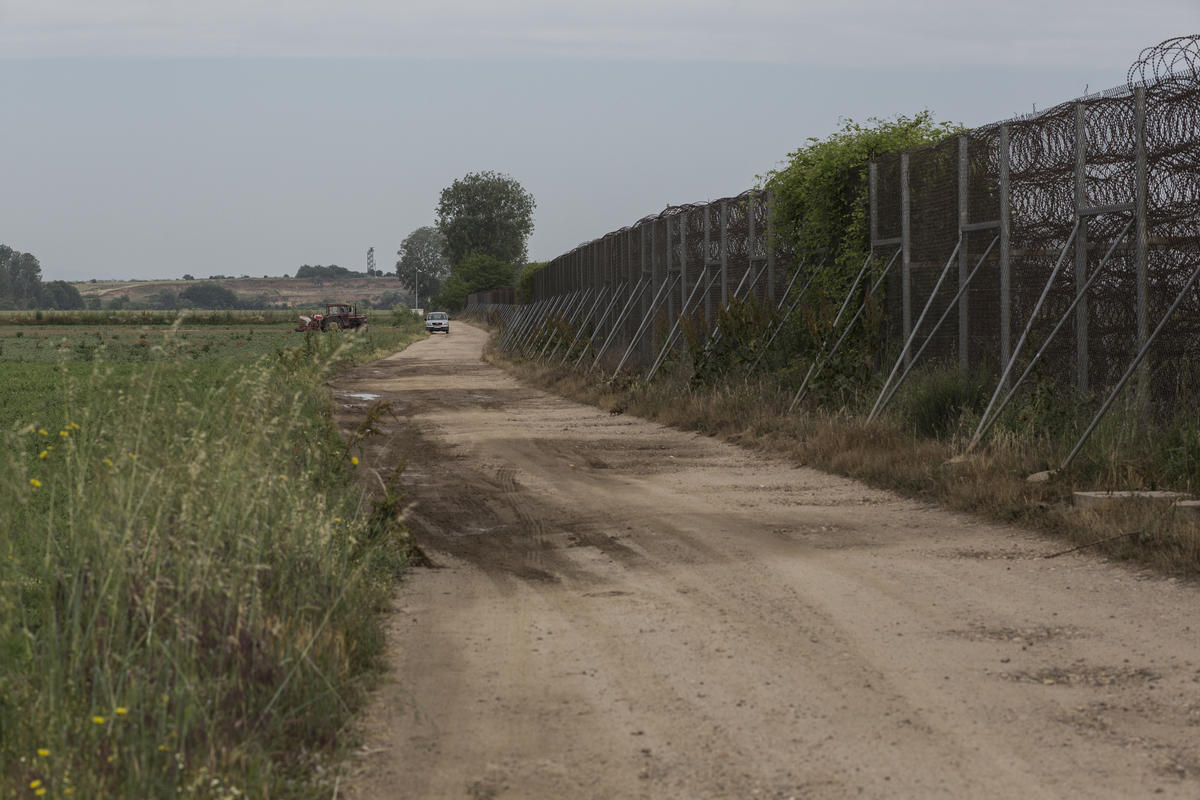An odyssey of fear: African asylum seekers tell their stories
An odyssey of fear: African asylum seekers tell their stories
NICOSIA, Cyprus, 19 Feb. (UNHCR) - Christophe* was so desperate to leave his troubled homeland that he was willing to take almost any risk to find sanctuary and the chance of a better future in western Europe.
"If in your house there is fire, you will jump; you won't think how high the building is. The risk is big, but you take it in order to save your life," said the Côte d'Ivoire native, who paid people smugglers US$3,000 for passage to France but ended up here in Cyprus.
Christophe, who last year applied for protection in Cyprus because he feared persecution back home, was smuggled aboard a cargo ship in the Ivorian port of San Pedro and was at sea for two months with seven other compatriots. "I didn't see the light of the sun for so long," he said, adding that they lived on water and meagre food rations provided by the smugglers.
Their case is typical. So far this year, an estimated 100,000 people have crammed onto rickety vessels or stowed away on larger vessels in the hope of reaching Europe, either directly or through islands like the Canaries in the Atlantic or Lampedusa and Cyprus in the Mediterranean. After Cyprus joined the European Union in 2004, it became more of a magnet for illegal migrants and asylum seekers en route to continental Europe.
The voyage is fraught with danger and some humanitarian agencies believe that almost a third of those risking the trip perish en route. Most of the boat people are regarded as economic migrants, but they include people of concern to UNHCR - like Christophe and Moroccan asylum seeker Yassine.
As the problem of illegal migration from Africa to Europe rises, some governments are treating all arrivals in the same way. This is a concern to UNHCR, which has put a priority on trying to help governments disentangle genuine refugees from ordinary migrants.
"We are trying to pioneer something called the 10-point plan, which we hope states will see as a positive contribution by UNHCR to their management of this mixed migration problem. The plan includes procedures to distinguish quite quickly between the different groups and to channel each group into an appropriate response mechanism," Erika Feller, UNHCR's assistant high commissioner for protection, said in Geneva last week.
Yassine* arrived in Cyprus and asked for asylum in November 2005 after a 10-day trek through the desert, several car journeys and a sea voyage from Egypt to Cyprus. He claimed he was in danger from the authorities because of his membership of a pacifist Islamic movement in his native Morocco.
"I was hiding in a big ship which was carrying some goods. I was told that I was going to Italy. It was after spending some time in the island that I realised I was in Cyprus," said Yassine, who said he had to leave Morocco in such a rush that he did not even have time to pick up his passport.
Like Christophe, he had hoped to reach mainland Europe. But more and more asylum seekers are ending up in Cyprus, which adopted a national refugee law in 2000 and joined the European Union in May 2004. At the end of last year, there were 12, 490 foreigners applying through the government for asylum.
UNHCR in Nicosia tries to ensure that they have access to a fair and efficient asylum procedure and that their rights are being respected. The refugee agency's work informing the asylum seekers about their rights and obligations is an essential factor in ensuring effective protection.
Ultimately, a few of those arriving here would like to move on to other, larger EU countries, such as France, Italy, Germany and the United Kingdom. For many, it will be a rude awakening because of exploitation, xenophobia and bureaucratic tape.
As the problem of irregular migration grows, UNHCR believes that the challenge for European countries on main line migration routes will be to preserve access to asylum procedures while taking steps to curb rising intolerance and discrimination towards refugees and asylum seekers in their own backyard.
By Maria Avraamidou in Nicosia, Cyprus
* Names have been changed for protection reasons.



